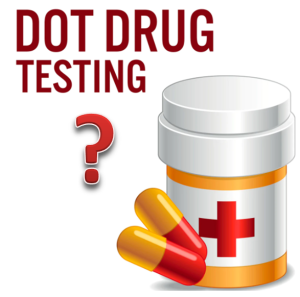Archive | Uncategorized
DOT Reasonable Suspicion Supervisor Training Content Updated March 20, 2022
DOT Reasonable Suspicion Supervisor Online Training Content Updated March 20, 2022

We do not rest here at At Hand Training, LLC. Our D.O.T. Reasonable Suspicion Supervisor course has been updated for 2022. Updates include:
– New drug and alcohol statistics
– New trends in substance abuse
– DOT proposed rulemaking to include Oral drug testing as an alternative specimen type
– Improved read through
– New images
– Course summaries and expanded content for signs and symptoms of substance abuse.
This course is designed for any supervisor in a position to make a reasonable suspicion test determination and is in an industry regulated by the Department of Transportation for FMCSA, FAA, PHMSA, FTA and USCG. We’ve designed our training to force employee engagement. There is no option to hit the “play” button and then open another tab and browse somewhere else letting the video play in the background (trust us, if you’re utilizing video-based training this is happening more than 50% of the time).
Visit athandtraining.com and get DOT compliant for only $35/per supervisor. Volume discounts for 20+ available. LMS installs utilizing Scorm 1.2 or XAPI available.
DOT Random Testing Rates for 2022 by Department
DOT Random Testing Rates for 2022 by Department
FTA Federal Transit Administration: Drug 50% / Alcohol 10%
FAA Federal Aviation Administration: Drug 25% / Alcohol 10%
FMCSA Federal Motor Carrier Safety Administration: Drug 50% / Alcohol 10%
PHMSA Pipeline & Hazardous Materials Safety Administration: Drug 50%
FRA Federal Railroad Administration: Drug (25% Covered Service) (50% Maintenance of Way) / Alcohol 10% Covered Service/Maintenance of Way
